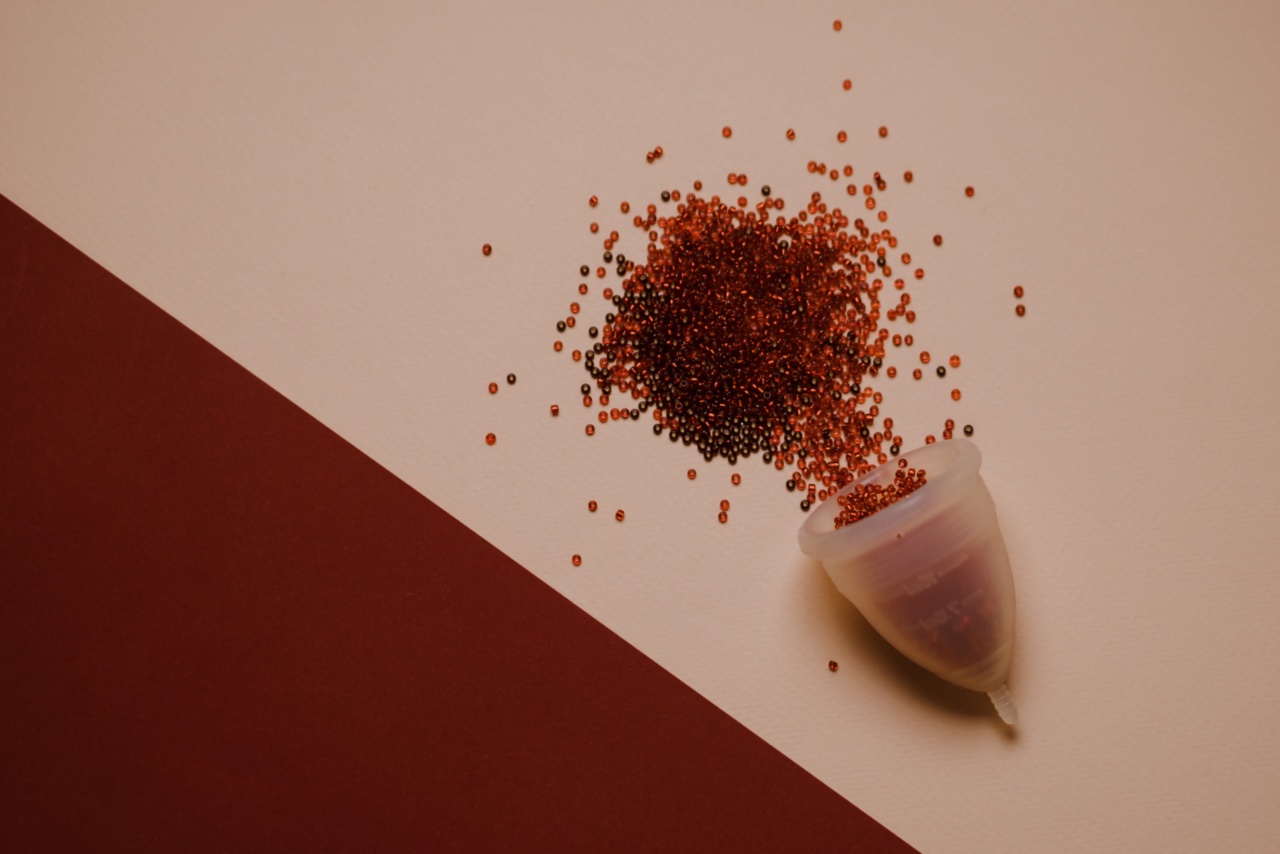Low blood pressure, also known as hypotension, is a condition in which the blood pressure is lower than the normal range. It can cause dizziness, fainting, and even shock in severe cases.
While high blood pressure is a common health concern, low blood pressure can also be a serious issue if not managed promptly. In this article, we will discuss two common causes of low blood pressure and how to manage them.
Cause 1: Dehydration
Dehydration occurs when there is an insufficient amount of fluid in the body to carry out its functions. It can occur due to fluid loss from sweating, vomiting, diarrhea, or not drinking enough water.
Dehydration can lead to low blood pressure because the blood volume decreases and the heart pumps less blood to the organs, resulting in a drop in blood pressure.
Symptoms of dehydration include thirst, dry mouth, fatigue, confusion, and dark colored urine. Mild dehydration may be treated by drinking fluids such as water, sports drinks, or clear broths.
However, severe dehydration may require hospitalization and intravenous fluids.
Cause 2: Medications
Many medications can cause low blood pressure as a side effect. This includes medications for high blood pressure, diuretics, antidepressants, medication for Parkinson’s disease, and some heart medications.
If you experience symptoms of low blood pressure after starting a new medication, consult with your doctor before stopping the medication. They may need to adjust the dose or switch to a different medication.
It is important to follow the prescribed doses of medications and not to take them with alcohol or other substances that can interact with them.
Overdosing on medication can lead to a significant drop in blood pressure, resulting in shock and even death.
How to Manage Low Blood Pressure
Managing low blood pressure depends on the cause and severity of the condition. The following are some tips to help manage low blood pressure:.
1. Drink Enough Fluids
If dehydration is the cause of your low blood pressure, drink enough fluids to replenish the body. Avoid drinking alcohol, caffeinated drinks, and sugary drinks, as they can further dehydrate the body.
2. Eat a Balanced Diet
Eating a balanced diet with plenty of fruits, vegetables, and whole grains can help maintain healthy blood pressure levels. Avoid salty foods, as they can raise blood pressure.
3. Exercise Regularly
Physical activity can help lower blood pressure and improve overall health. Consult with your doctor before starting a new exercise program, especially if you have a medical condition.
4. Wear Compression Stockings
Compression stockings can help improve blood flow in the legs, which can help alleviate symptoms of low blood pressure. Consult with your doctor to see if compression stockings are right for you.
5. Take Medication as Prescribed
If medication is the cause of your low blood pressure, make sure to take it as prescribed by your doctor. Don’t stop taking the medication without consulting with them first.
When to Seek Medical Attention
If you experience severe symptoms of low blood pressure, such as fainting, chest pain, shortness of breath, or confusion, seek immediate medical attention. These symptoms may indicate a severe drop in blood pressure that requires emergency treatment.
Low blood pressure can be a serious condition if not managed properly. Understanding the common causes of low blood pressure and how to manage it can help improve your overall health and prevent complications.






























